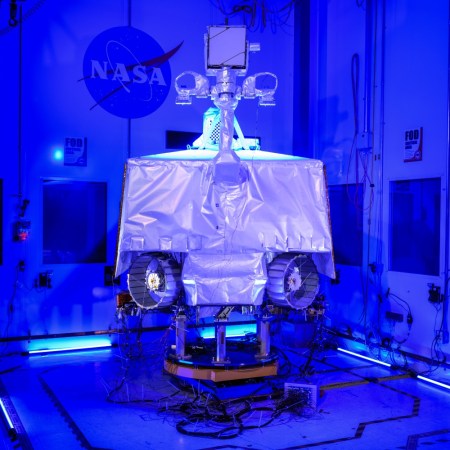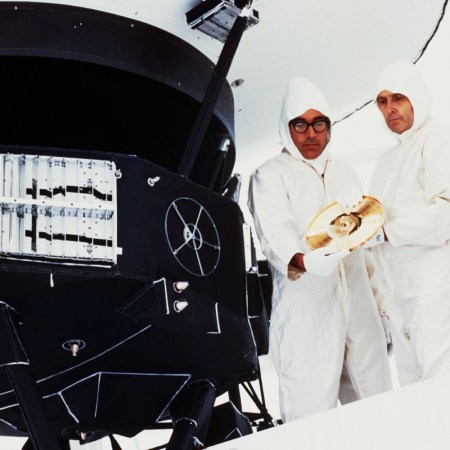Stop me if you’ve heard this before: over the weekend, Elon Musk made a bold declaration about an ambitious goal from one of his companies. This time, it was SpaceX’s turn, with an announcement that went a bit beyond space station rescue missions. Instead, Musk said, the company would launch its first mission to Mars in just two years. It’ll be slightly longer before crewed mission venture to the Red Planet, however.
“The first Starships to Mars will launch in 2 years when the next Earth-Mars transfer window opens,” Musk wrote on Twitter/X. “These will be uncrewed to test the reliability of landing intact on Mars. If those landings go well, then the first crewed flights to Mars will be in 4 years.”
Musk went on to state “the goal of building a self-sustaining city in about 20 years.”
It’s an ambitious goal, to be sure. It also echoes Musk’s earlier comments about landing colonists on Mars — something he’s previously acknowledged will be a risky venture. As Space.com’s Mike Wall explained, Musk’s Mars plan involves something that’s become a hallmark of SpaceX’s ventures — a reusable system of rockets and spacecraft that can be utilized in multiple missions.
Still, it’s worth taking this ambitious plan with a grain of (spacefaring) salt. In the last decade, Musk’s companies have accomplished some genuine feats — including building out a system of EV chargers and enabling the operation of a satellite internet network. But Musk’s public pronouncements have also included several bold steps that have yet to come to fruition.
What SpaceX Has to Do With Mysterious Spirals in the Northern Lights
Omens in the sky are a good thing, right?There’s the matter of Tesla’s rumored $25,000 EV, which has reportedly become a lower priority for the company. There’s the scaling back of the Boring Company’s Las Vegas tunnel system, which was originally touted as a high-speed public transportation system. And there’s even the ambiguity about when the Supercharger system will be opened up to other automakers as Musk had previously vowed.
If SpaceX does go to Mars in two years’ time, it’ll be an impressive feat for all involved. After all, there’s nothing wrong with ambitious goals. While there’s plenty to like about this new initiative, though, there are still grounds for skepticism — at least until the spacecraft is on the launchpad.
This article was featured in the InsideHook newsletter. Sign up now.



















